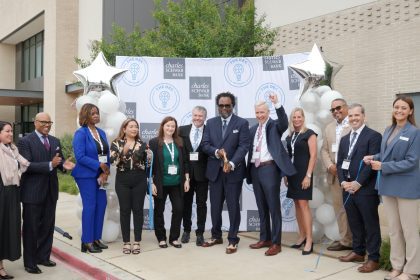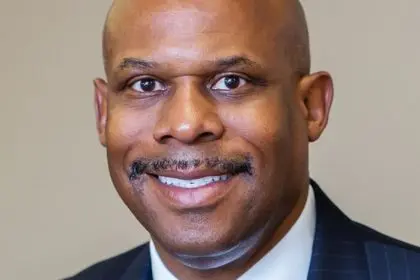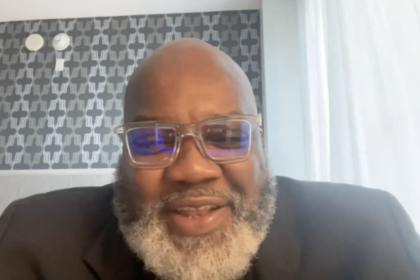
“You know how your cousins are.” Sound familiar? You have either heard or said this about a janky product or poor customer service at a Black-owned business (BOB). All businesses encounter common issues, but the impact is greater for BOBs. Our history is filled with the reality of facing stereotypes, unfair biases, and unethical and illegal practices. Growth continues, but numbers and profits still lag behind businesses owned by other races. White-owned companies account for 81 percent of U.S. businesses, while Asian and Hispanic-owned are at 9.7 and 5.8 percent, respectively.
Here are 11 common realities that Black-owned businesses encounter:
Hiding race
Experts agree smart and strategic marketing grabs and keeps customers. The internet grants instant access to a company’s background and oftentimes customers’ decisions are affected by their implicit biases. Many Black business owners choose to hide their identity in order to garner widespread appeal. Pepper Miller, president of The Hunter-Miller Group market research and strategic planning firm in Chicago, said she understands some decisions to downplay black ownership. “There’s a perception that Black people can only do Black stuff. It ain’t pretty, but it’s the truth,” said Miller, “It’s called racism. As much as we want to feel like we’re not dealing with that, we are.”
Fear of being a sellout
Heavy is the crown worn by Black-owned businesses, especially those located in the ‘hood. When a BOB is perceived as a sellout, it risks losing the respect and support of it customers and peers. SheaMoisture’s recent advertising snafu is proof that folks will pounce on any deviation from catering to your target market. Pragmatic Black business owners figure out how to keep both their current and potential customers happy because they balance building and maintaining diverse relationships.
Fractured finances
BOBs often falter because they lack the capital needed to start and operate their businesses. Lack of capital can hinder a BOB from investing in their business at a level that will produce an optimal return on investment (ROI). Seeking small business loans is a challenge because of higher interest rates. Entrepreneurs face increased pressure because they don’t have a 9-to-5 to supplement when their profits are low.
Lack of consistent and unconditional support
Lack of support from Black customers and other BOBs is one of the harshest realities. Other races support their own as part of their lifestyle, it’s already understood. But Black businesses have to actively campaign for financial and emotional support.
Meeting unrealistic expectations
Customers swiftly diss a BOB when they mess up. The you-have-to-work-harder-than-everybody-else mentality leaves BOBs vulnerable. Businesses owned by other races don’t face the same level of scrutiny and criticism.
Ignorance about effective business practices
Business is a language that comes with a distinct learning curve. You don’t know what you don’t know until you find out. Learning and understanding how to transition from hustle or hobby to legitimate business is a process that takes time for research, planning and execution.
All money ain’t good money
Black business owners report that Black customers are notorious for wanting a hookup and they are slow to pay outstanding invoices. Discounts are great if offered, but they shouldn’t be expected. It’s frustrating when customers complain that a BOB’s prices are too high, only to end up paying a non-minority owned business just as much or more.
Questioning of product and service integrity
It’s sad when customers are surprised by the professionalism and exceptional customer service of a BOB. They’re viewed as inferior, while big name brands who may not offer the same dedication and quality receive trust simply because of their name.
Belief in our value
Ever since our forced migration to America, society has told us that we don’t deserve to be our own bosses. Inexperienced business owners are hungry and customers will exploit it if allowed. We do ourselves a disservice when we charge less than what we deserve for our products and services. Doing favors without proper compensation diminishes a BOB’s value.
Competing instead of collaborating
There are plenty of blessings out here for everyone. But we are taught to feel threatened by our competition. It’s essential to be aware of your competition, but bypassing opportunities to collaborate is a mistake. Teamwork makes the dream work is cliché, but true. An African proverb states that if you want to go fast, go alone. If you want to go further, go together. BOBs who embrace this concept can attest to how it has increased their success.
Emulating the stereotypes
To be fair, many BOBs contribute to the realities that plague them. Poor communication and customer service, lack of professionalism and subpar products make it hard for those who are on their A game. The running joke about CP time is played out. BOBs need to stay on point if they want to thrive.
The success of Black-owned businesses is a key element to building our own economic infrastructure. This will lead to the improvement of our communities and an increase in our political influence.
Black people are not inferior and neither are our businesses. We must instill this mentality early so it becomes second nature to future generations. It starts with teaching our youth to not only seek out and support BOBs, but to also create their own. Planning and preparation lead to preservation.
















